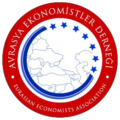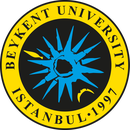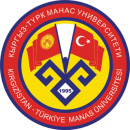
International Conference on Eurasian Economies
29-31 August 2016 – Kaposvár, HUNGARY
Paper detail
Paper ID : 1803
Status : Paper published
Language : English
Topic : Finance and Financial Crises
Presenter: Lívia Tálos
Session : 5A Banking
The Analysis of the Turkish Islamic Banking System Between 2005 and 2014
The Analysis of the Turkish Islamic Banking System Between 2005 and 2014
- Lívia Tálos (Kaposvár University, Hungary)
- Dr. Bánkuti Gyöngyi (Hungarian University of Agriculture and Life Sciences, Hungary)
- Prof. Dr. József Varga (Hungarian University of Agriculture and Life Sciences, Hungary)
Abstract
Islamic banking is a banking system that is based on the principles of sharia or Islamic law. The principles of Islamic finance forbid interest - this is commonly known as riba - charity (zakat), forbid high risk (gharar), forbid some transactions like gambling, and are based on PLS (Profit-Loss Share). The most important concept is that both charging and receiving interest are strictly forbidden; money may not generate profits. Islamic banks have largely survived the global economic crisis intact and they offer a safer operation than conventional banks. CAMEL analysis is a supervisory rating system to classify a bank's overall condition according to Capital (C), Assets (A), Management (M), Earnings (E) and Liquidity (L). In the analysis a variety of indicators were calculated based on data from the annual reports. The results of the four banks were averaged separately, then classified (1 = good, 2 = adequate, 3 = satisfactory, 4 = acceptable, 5 = unacceptable) according to the desired criteria, the changes over the years and the relative values of the four banks.
JEL codes: G21
Tálos, Lívia, Gyöngyi, Bánkuti, Varga, József (2016). "The Analysis of the Turkish Islamic Banking System Between 2005 and 2014" in Proceedings of International Conference of Eurasian Economies 2016, pp.116-124, Kaposvár, HUNGARY.
DOI: https://doi.org/10.36880/C07.01803





